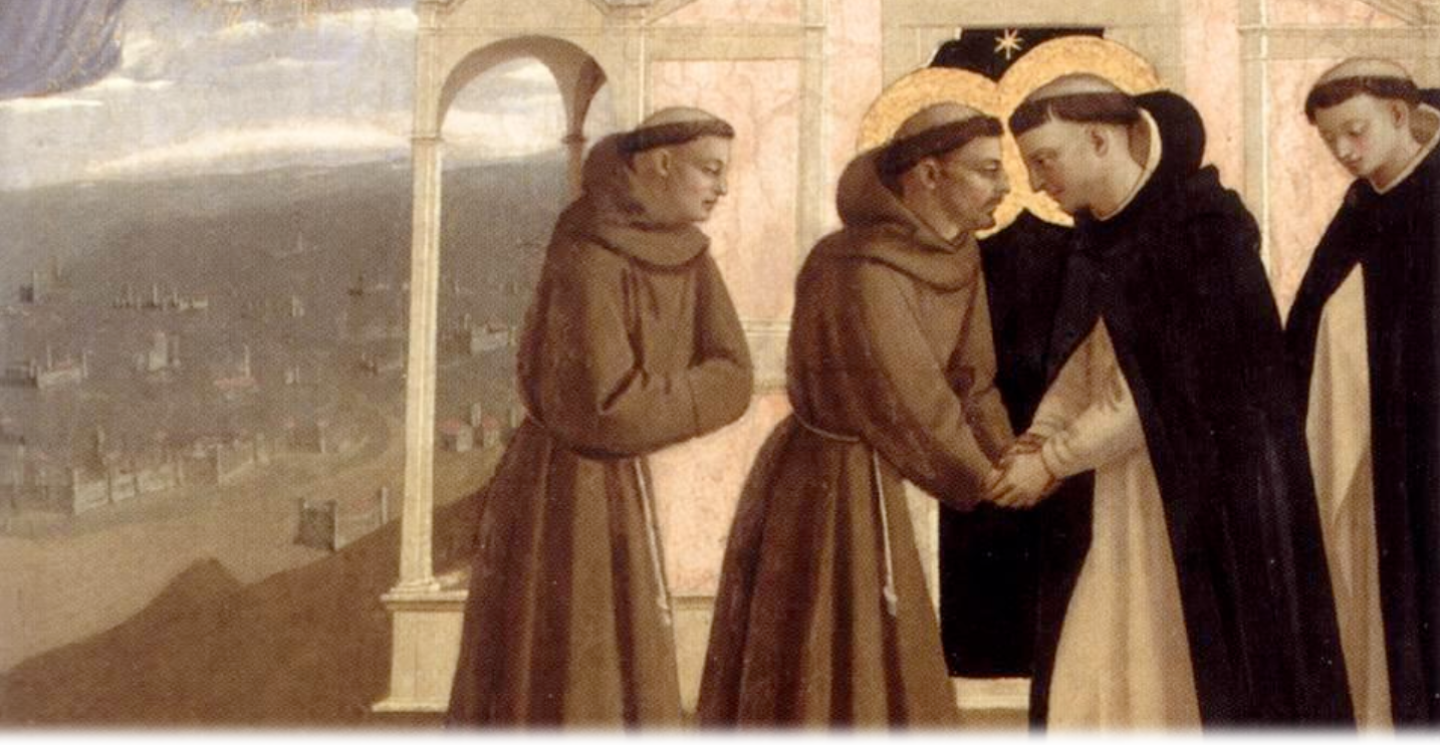Patrons
In recent years, WS Patron Lord Bath has passed the management of Longleat to his son, Ceawlin, Viscount Weymouth, whose plans for the estate have since ruffled a few feathers. The result has been a lot of misdirected criticism as locals lash out at any lord they can name.
There are no public rights of way at Longleat, only “permissive” paths. Earlier this year, restrictions were placed on walkers and cyclists accessing the estate. Managers cite safety and security concerns, acting on advice from the police and insurers.
A two-mile long track is currently used as part of route 24 of the National Cycle Network, linking Bath to Southampton. The route was established in 1997 after agreement was reached with Lord Bath. The position is now under review, though reports have been received of staff barring cyclists and taking down signage in error. Changing the National Cycle Network would involve about a 10-mile detour via Gare Hill and the village of Maiden Bradley.
Over in Somerset, plans by Longleat Enterprises to install a cable car in the Cheddar Gorge have also faced criticism from local residents, though not from traders in the area. The idea inspired an April Fool story featuring a water-driven funicular for Glastonbury Tor.
Meanwhile, another of our Patrons, clarinet player Acker Bilk has expressed mixed feelings about his most famous hit, ‘Stranger on the Shore’. The 83-year-old jazz musician who lives in Pensford, Somerset, told the BBC: “I’m fed up with playing it. It’s all right but you do get fed up with it after 50 years.” The tune was originally called ‘Jenny’, after his daughter. When an expanded version was used as the signature tune for the BBC TV series Stranger on the Shore, sales soared. The record became the UK’s biggest selling single of 1962, topping the charts in the UK and America, and it made its creator an international star.
Tourism

During English Tourism Week in March, 24-year-old actor Tobias Jones, from Kent (above), walked around Winchester city centre playing King Alfred the Great.
On his travels, he met a host of people, often checking if they were Vikings before striking up a conversation. Mr Jones said: “I did most of my research about King Alfred on the Internet and found a few websites that were very useful.” To minimise the chances of historical experts catching him out, his shield became a secret weapon. On its reverse was an extensive series of notes, detailing the king’s life story and achievements.
